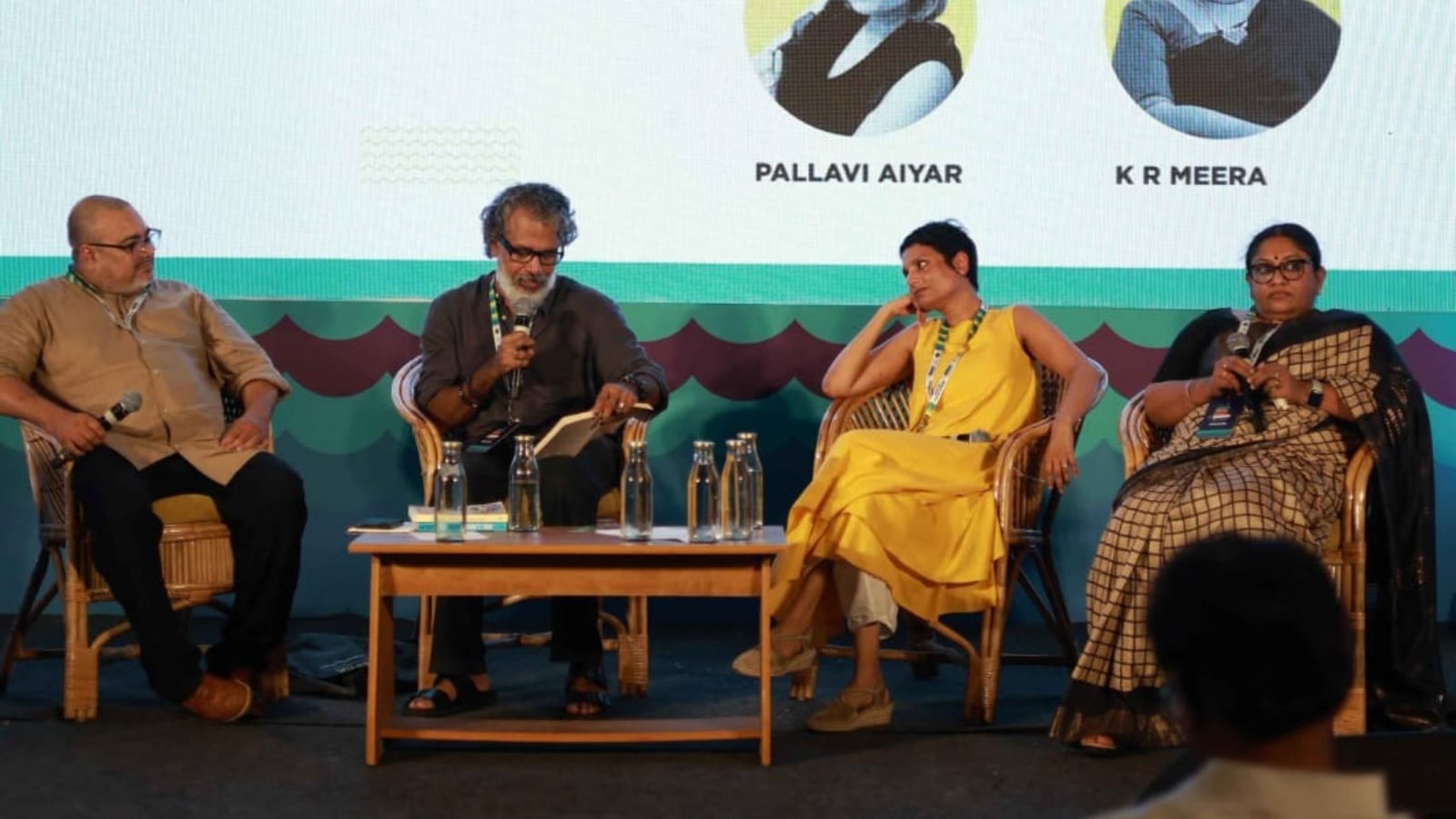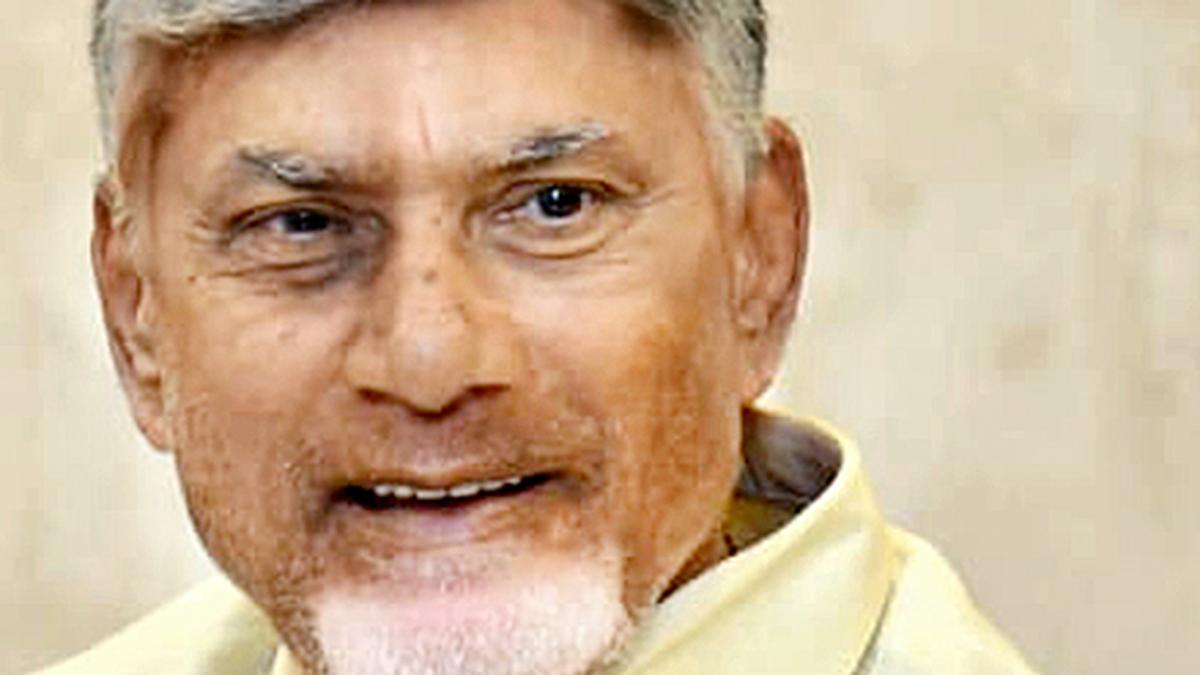To ensure smooth business opportunities for roadside vendors, hawkers and pottery makers during the ongoing Deepavali festival, the National Human Rights Commission (NHRC) issued notices to Chief Secretaries of all States and Union Territories, asking them to prevent the ‘harassment’ of the groups in the name of encroachment.
In a notice issued on October 17, NHRC member Priyank Kanoongo cited a complainant who alleged that roadside vendors were being subjected to unnecessary and inhumane treatment by Municipal authorities across various cities in India.

The complaint stated that vendors were being evicted in the name of obstruction of the path for fire brigades and ambulances. He added that civic bodies, countrywide, were trying to harass shopkeepers by issuing challans/penalties to extort money. This came in the the vendors’s way as their business generally happened during the festival of Deepavali.

“The allegations made in the complaint prima facie seem to be violations of the human rights of the victims,” the NHRC notice read.

The Commission hence directed the States’ Chief Secretaries to look into the allegations made in the complaint and directed all District Magistrates/Municipal authorities to refrain from such practices, as it went against the spirit of the ‘vocal for local’ initiative by the Government of India.
“The authorities shall make arrangements for the fire-fighting measures in line with the requirements of prominent locations in case of any emergency. It is also directed that the local vendors be provided suitable substitute places, if required, in case of displacement from the footpaths,” the commission said.
It further directed that the substitute places also be equipped with all safety measures and no challans, penalties, seizure of goods, or any harsh action to the effect be undertaken against the vendors during the ongoing festive season by the local administration.
The commission also clarified that these directions would be implemented during the Deepavali festive season only and should not be taken as a blanket measure for the whole year. It also sought Action Taken Reports (ATRs) from all States and UTs within two weeks.

 7 hours ago
4
7 hours ago
4








 English (US) ·
English (US) ·